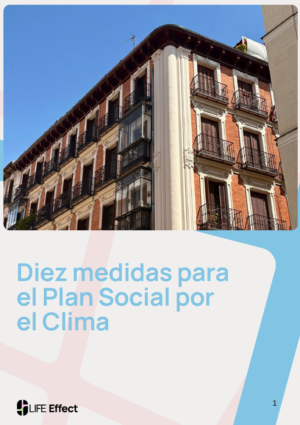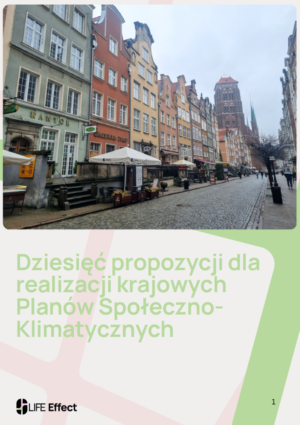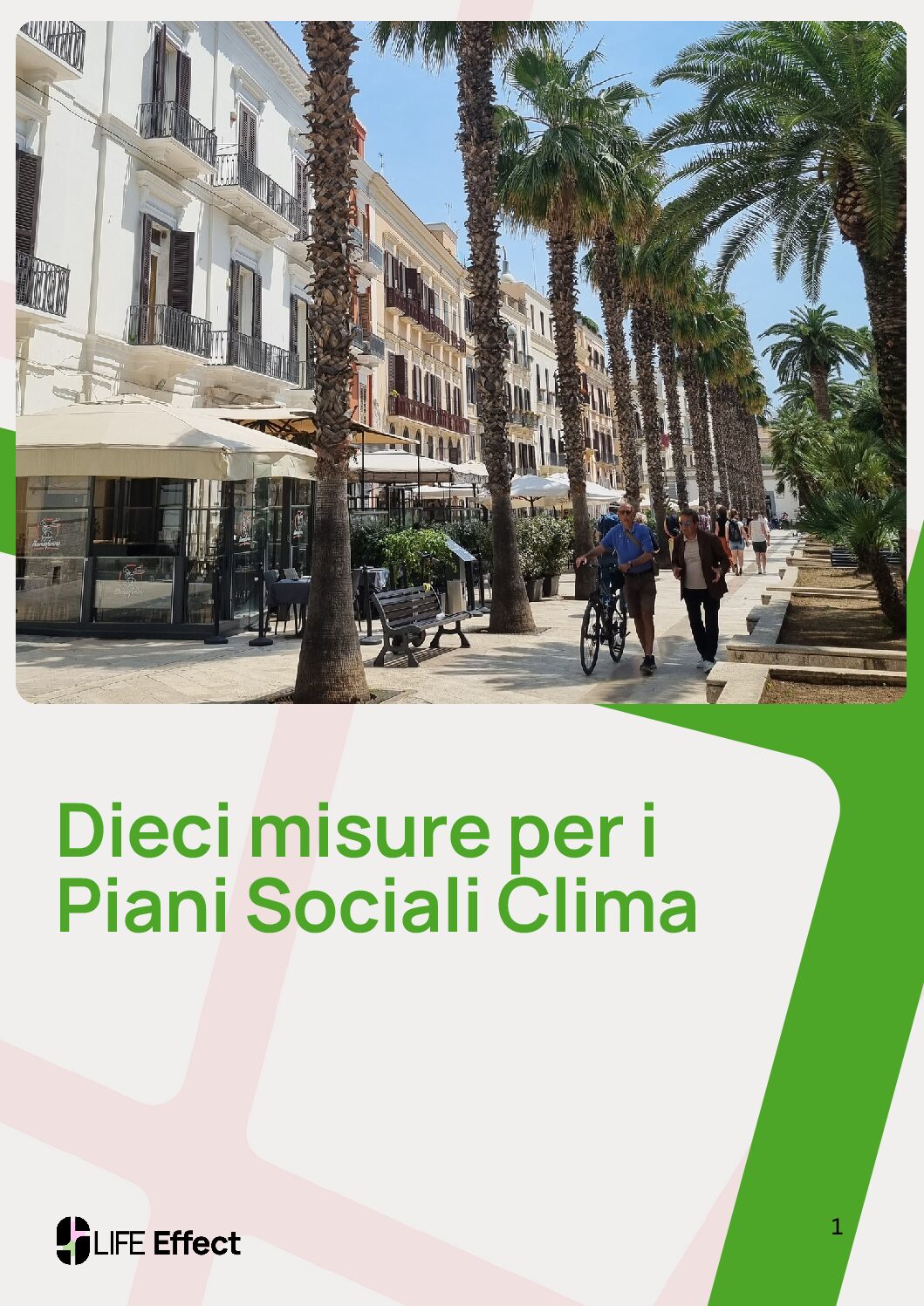
PVC Problem Very Clear – Why the ECHA report supports phasing out PVC as the most effective and future-proof risk management measure
Commonly used plastics pose many threats to human health and the environment, making them one of the most pressing environmental issues of our time. But in the landscape of the various plastics that surround us, polyvinyl chloride (PVC) stands out. Not only is it found everywhere, from home furnishings to children’s toys and medical supplies, contributing to widespread, irreversible plastic pollution, but it is also associated with grave toxic effects along its whole life cycle – from production to disposal.
The risks posed by PVC in terms of chemical safety have been on EU lawmakers’ radar for decades. But it is only recently that the European Commission tasked the European Chemicals Agency (ECHA) with formally investigating this material and the additives used in it. The Commission’s 2022 decision to prioritise PVC for potential regulation fits into the broader ambition of the Chemicals Strategy for Sustainability: to get rid of the most harmful chemicals used in the EU.
Published in November 2023, the report summarising the results of ECHA’s investigation finds that regulatory action to tackle the risks posed by PVC and some of its additives is needed. Although qualified by a number of uncertainties, the report unequivocally identifies several risks posed both by PVC resin and by substances added to PVC to achieve specific properties.
While the European Commission holds considerable discretion as to what to do next, the ECHA report constitutes a strong technical and scientific basis for exercising that discretion in a particular way. The Commission cannot ignore it.
The following report is an attempt to make clear what is and what is not part of the ECHA assessment, and explain why this assessment, although incomplete, already supports strong EU regulation. Our analysis provides an external view on and condensed account of the ECHA investigation, looking at the various components of the evaluation and conclusions and providing complementary information where the assessment failed to be exhaustive. Our indepth examination of the ECHA report leads to a single conclusion: the Commission should adopt a restriction on PVC, in addition to regulating its most dangerous additives.






